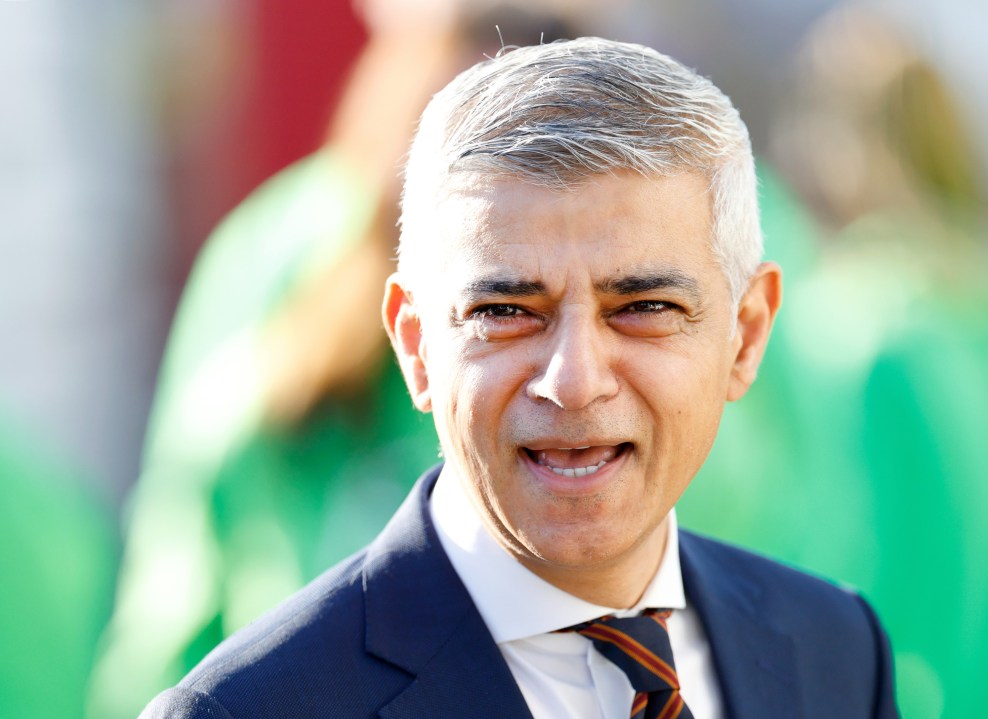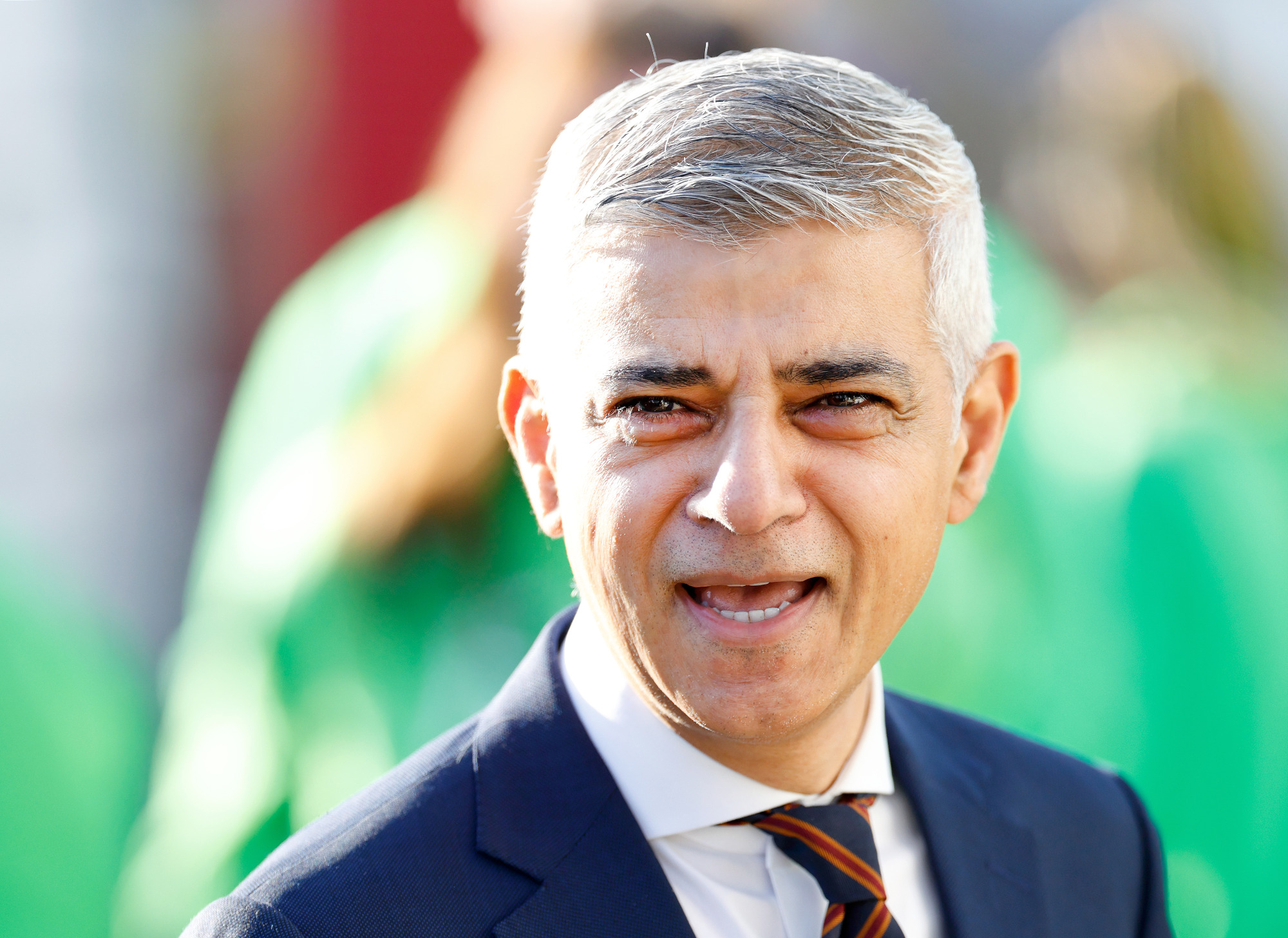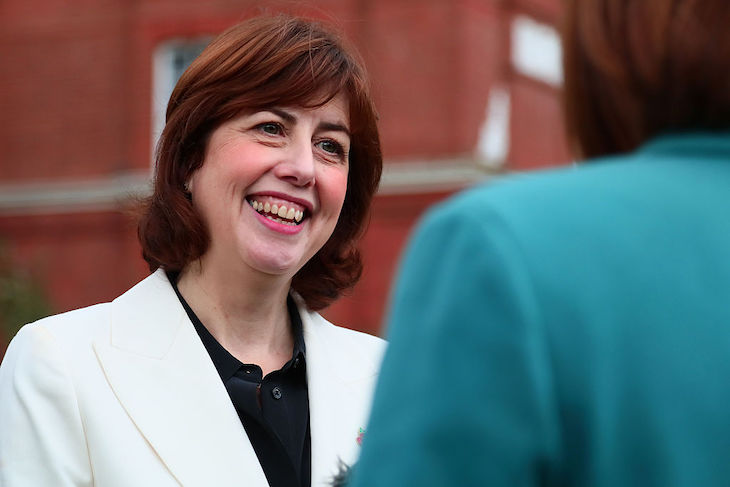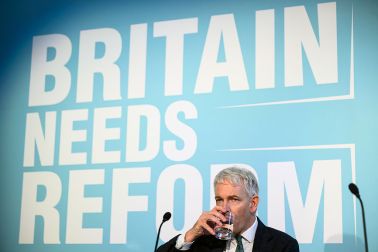Sadiq Khan, London’s mayor, has called for the possession of cannabis to be decriminalised, because he believes that the police disproportionately target black Londoners when policing drug possession. This announcement by Khan is in response to a report by the ‘London Drugs Commission’ (LDC), a body set-up by City Hall, chaired by Tony Blair’s old flatmate, Lord Charlie Falconer, and with an ‘Expert Reference Group’ including David Gauke, whose Sentencing Review reported just last week. Amongst other topics, the lengthy report reviews cannabis policies across the world, and identifies that black people in London are more likely to be searched for cannabis, although those searches are no more likely to find cannabis than when white people are searched. Of course one reading of this is that the police are equally accurate at assessing the likelihood that someone has cannabis on them, whatever their ethnicity.
Cannabis, especially the potent kind, appears to play a major role in the higher rates of serious mental illness seen among black Caribbean Londoners
It is true that black Londoners, and black children in particular, are more likely to be stopped and searched under suspicion of possessing cannabis. In some cases, like that of ‘Child Q’, a 15-year-old black girl, police have strip-searched children. But is the London mayor’s proposal, that possession of small amounts of cannabis be decriminalised, wise, and will it help black Londoners?
Khan’s remarks seem to suggest he believes that the greatest harm arising from cannabis usage is that its policing might damage relations between the police and ethnic minorities, or that criminalising them might do more harm than the cannabis they consume. In this he is wrong. Cannabis, especially the very potent, high-THC cannabis which is now on the streets, is a seriously harmful drug. The production and distribution of it generates huge income for organised crime and even funds the people smuggling trade. Merely decriminalising it, while leaving the business in the hands of criminals is a terrible choice, embedding criminality in our economy, just as the proliferation of Turkish barbers does on our high streets. Decriminalising possession will also make it easier for organised crime gangs to operate, as they often employ young people to carry smaller amounts in order to deal.
Further, cannabis is very harmful to its users. Cannabis psychosis is linked to long-term, heavy consumption of cannabis. It destroys people’s lives, and often results in great harm to those around them. It also disproportionately affects black Londoners. A major study published last year found that black Caribbean people in London are almost two and a half times more likely to develop psychotic disorders compared to other groups. However, when researchers adjusted for the use of high-potency cannabis, this risk dropped to 1.6 times, which suggests that using strong cannabis may account for over half of the elevated risk of psychosis in this group. In simple terms: cannabis, especially the potent kind, appears to play a major role in the higher rates of serious mental illness seen among black Caribbean Londoners.
Unfortunately, from what I’ve read, the LDC does not seem to engage with the particular harm done by cannabis to black Londoners. I did approach them for comment on this but they did not reply before publication.
Unsurprisingly, cannabis decriminalisation does reduce ‘drug-related criminal justice involvement’, and there is a good argument that we should try to avoid ruining otherwise law-abiding young people’s lives with a criminal record for using drugs. However it has also been shown in studies from the USA and Australia that decriminalising drugs increases consumption, increases emergency department visits and even increases the levels of ‘cyclic vomiting’.
The criminal record system is badly designed, and we absolutely should consider how it can harm people’s long-term employment prospects and lives. Similarly, ensuring that the police stop and search without fear or favour is crucial in making sure this country is properly policed. But given the harm done by cannabis – to our society, to its users and particularly to black Londoners – the Mayor’s plan seems destructive and likely to disproportionately harm those it claims to help. It also contributes to a growing sense that the state is simply withdrawing from its responsibilities, and handing our streets over to crime.








Comments